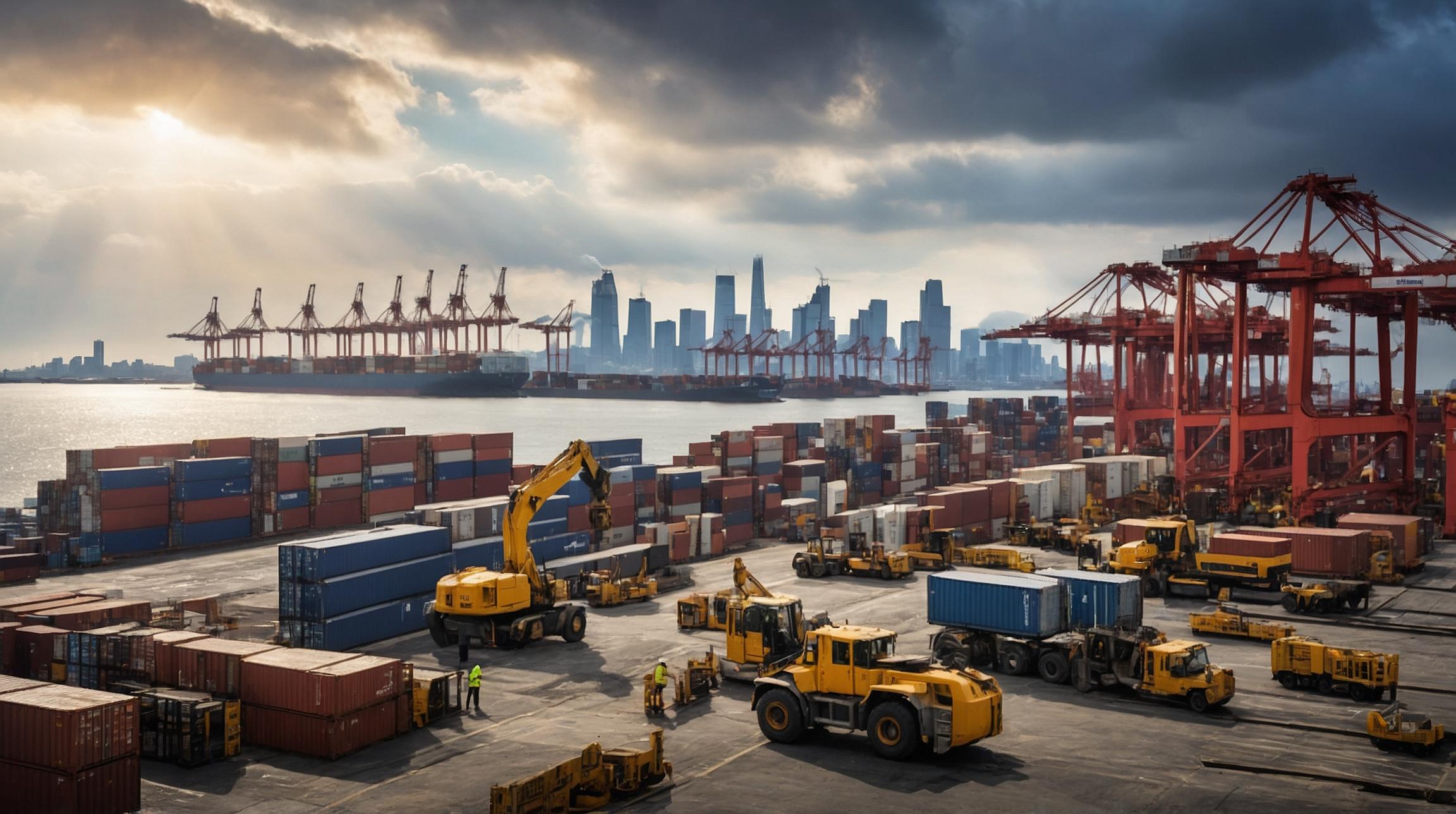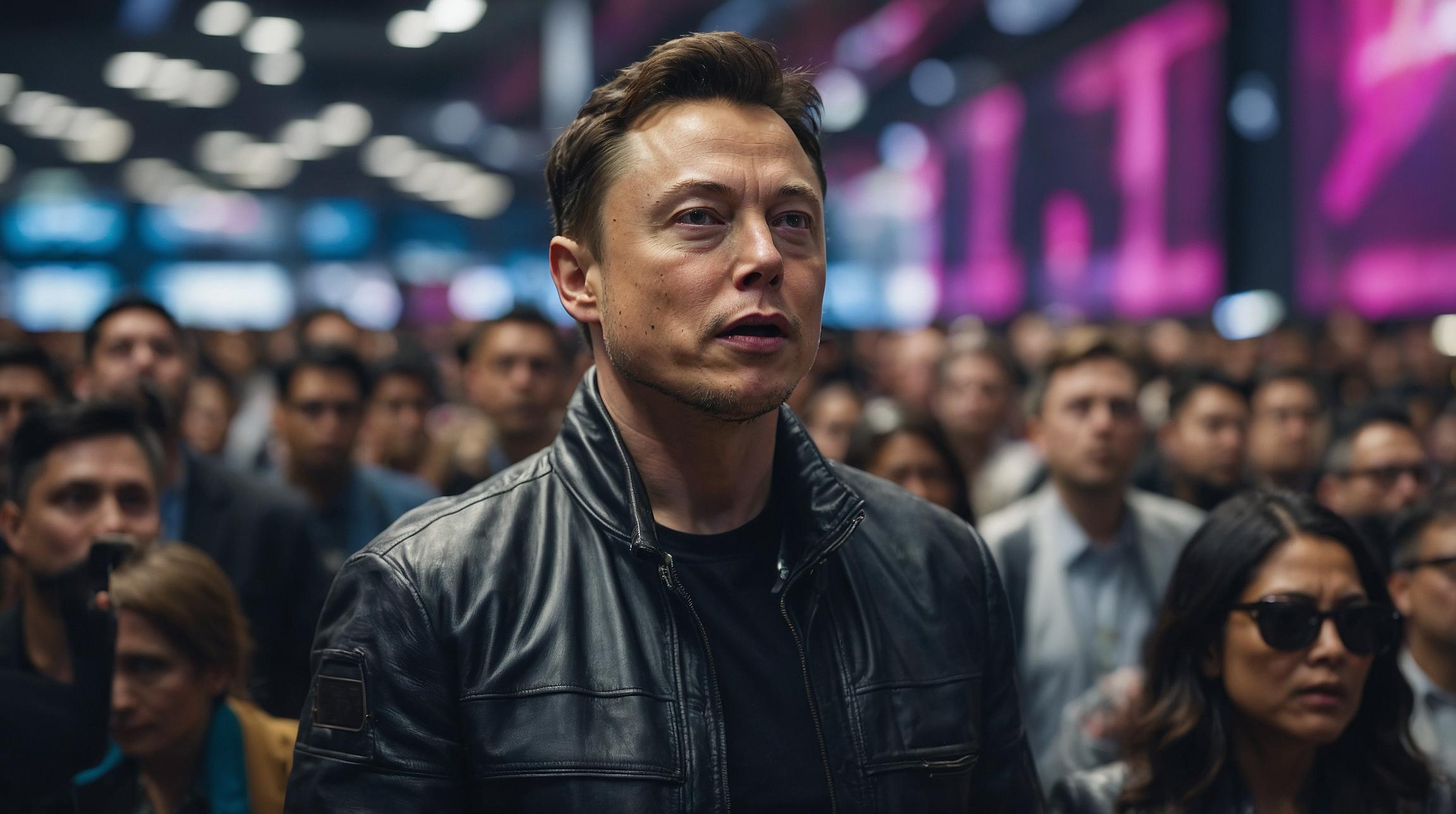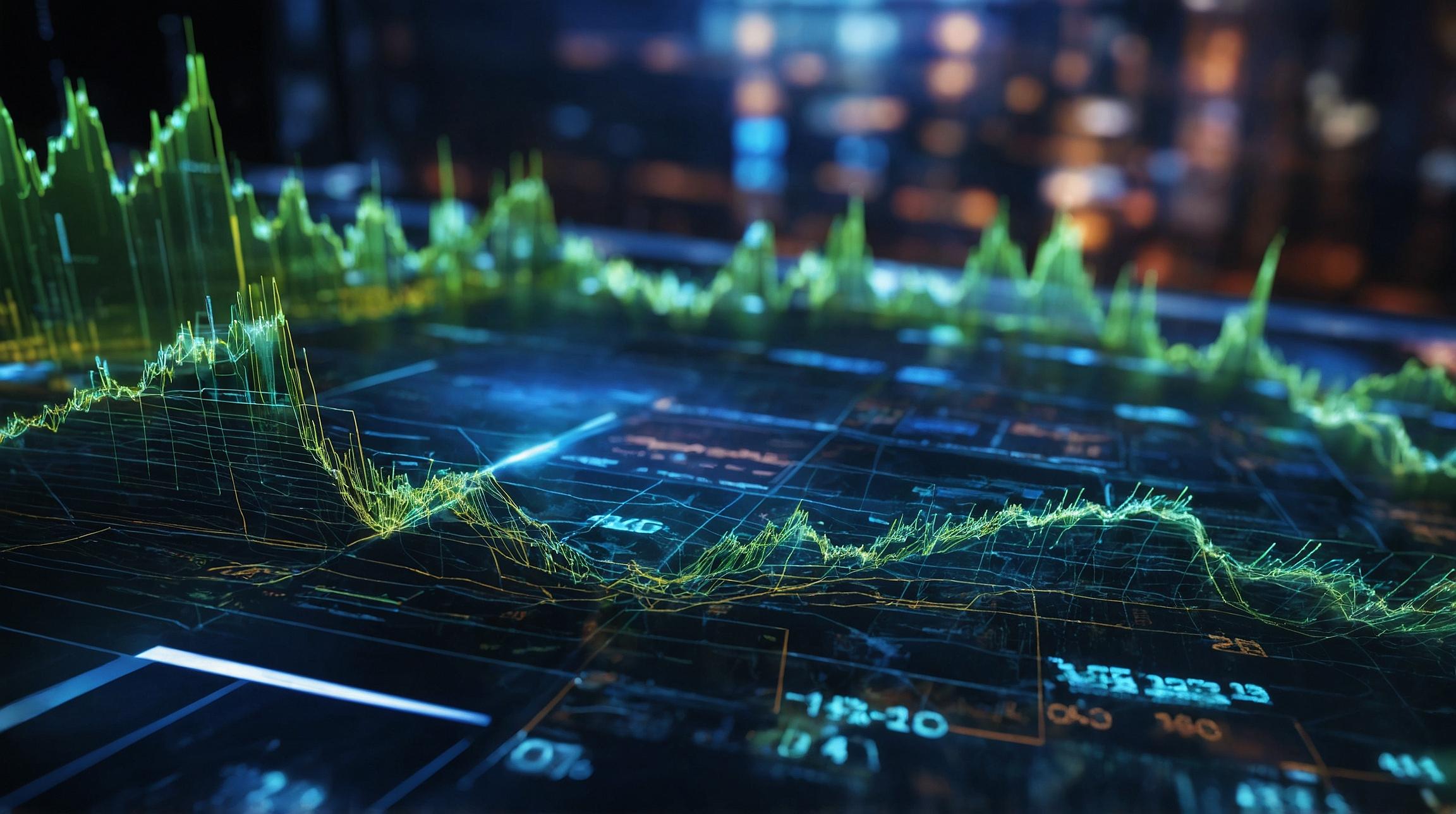Understanding the New US Tariffs on Chinese Imports
The US government has announced significant tariff hikes on various Chinese goods starting from September 27. These include a 100% duty on Chinese electric vehicles (EVs), a 50% duty on solar cells, and a 25% duty on steel, aluminum, EV batteries, and essential minerals. The goal is to encourage US industries to diversify their supply chains away from China's dominance.
Impact on Key Industries
The tariff changes also affect other sectors, with a 50% duty on Chinese semiconductors. This includes new categories like polysilicon and silicon wafers, effective from 2025. Despite appeals from the auto industry to lower tariffs on critical minerals, the US Trade Representative (USTR) maintains a 25% duty on lithium-ion batteries, crucial for EVs.
Rationale Behind Tariff Decisions
Lael Brainard, a top White House economic adviser, emphasized that these “tough, targeted tariffs” are designed to mitigate China’s state-driven subsidies and technology transfer policies. The substantial duty on Chinese EVs addresses their unfair cost advantage in global markets.
China’s Response and Global Reactions
In retaliation, China has pledged to counteract these tariffs, arguing that its EV industry's success stems from innovation. Likewise, the European Union and Canada have followed suit, aligning their tariffs on Chinese EVs with the US.
Political Implications
The heightened tariffs come as Vice President Kamala Harris and former President Donald Trump campaign in states with significant auto and steel production ahead of the upcoming presidential election. Trump has proposed even higher tariffs at 60% on all Chinese imports.
Exceptions and Delays
Some exceptions to these tariffs offer temporary relief. For instance, a 25% tariff on ship-to-shore cranes is exempt if ordered before May 2026. The USTR has also deferred tariffs on medical supplies like face masks and surgical gloves to allow US suppliers to adjust.
Future Considerations and Exclusions
The USTR will assess requests for tariff exclusions in categories such as industrial machinery, including equipment for purifying liquids and industrial robots. Exclusions are considered for solar manufacturing equipment but not for fully assembled solar modules.
These strategic tariff increments aim to bolster domestic industries and reduce reliance on Chinese imports. However, the broader economic implications and international trade relations remain to be thoroughly evaluated.













